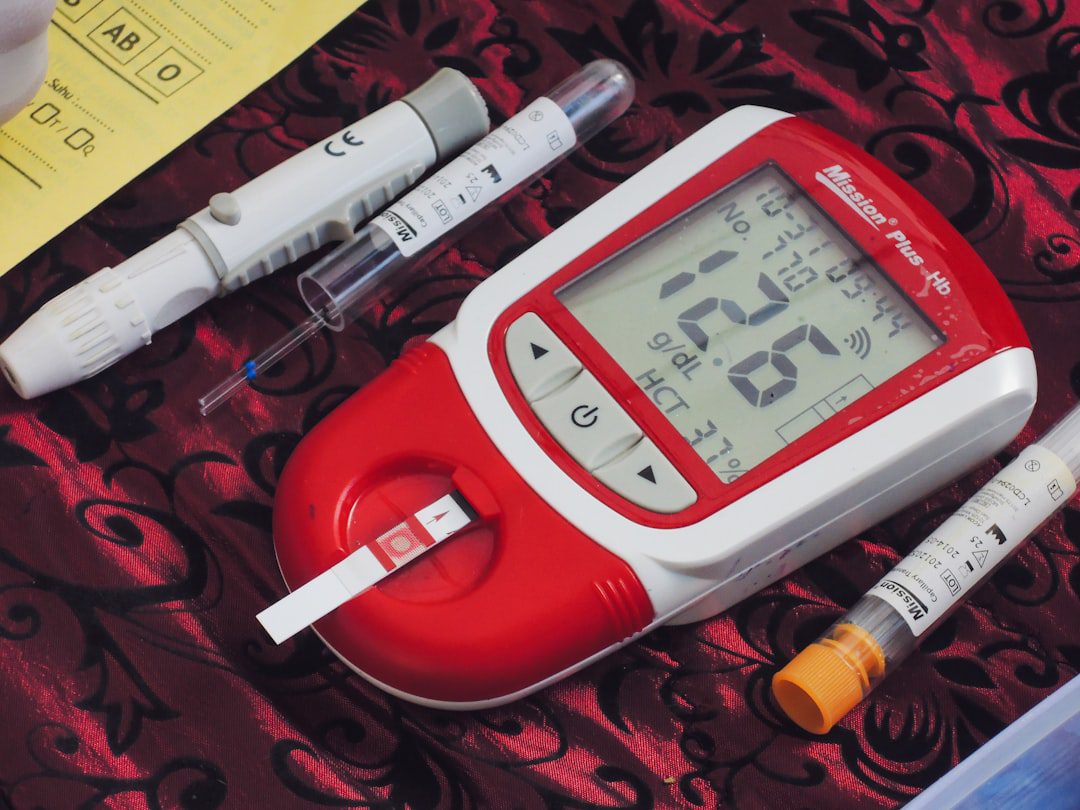
FDA’s Communications Pilot Program Takes Center Stage
The FDA has issued an Early Alert notification regarding a blood pump controller issue from Abiomed, marking a significant milestone in the agency’s evolving approach to medical device safety communication. This alert represents part of the FDA’s Communications Pilot to Enhance the Medical Device Recall Program, a forward-thinking initiative designed to accelerate critical safety information sharing with healthcare providers and manufacturers.
Understanding the Early Alert System
The Early Alert system represents a paradigm shift from traditional recall communications. Unlike standard recall notices that follow established timelines, Early Alerts are designed to provide immediate notification of potentially serious device issues that could impact patient safety. This proactive approach allows manufacturers and healthcare facilities to take swift corrective actions before incidents escalate.
For medical device manufacturers, this development signals the FDA’s commitment to real-time safety monitoring and transparency. The pilot program demonstrates the agency’s recognition that traditional recall processes may not adequately address the speed at which modern medical device safety information needs to flow through the healthcare system.
Implications for Blood Pump and Cardiac Device Manufacturers
Abiomed’s blood pump controllers represent critical life-supporting technology used in cardiac care settings. Any malfunction or safety concern with these devices can have immediate, life-threatening consequences for patients. The Early Alert designation underscores the severity of identified issues and the need for immediate attention from clinical teams.
Medical device manufacturers in the cardiac support and critical care sectors should take particular note of this alert. It highlights the FDA’s heightened scrutiny of life-supporting devices and the expectation for rapid response to safety signals.
Key Compliance Actions for Manufacturers
Immediate Response Protocol
- Monitor FDA communications channels: Establish systems to receive and process Early Alerts in real-time
- Assess device similarities: Evaluate whether your devices share design elements or components with affected products
- Review post-market surveillance data: Examine your complaint databases for similar failure modes
- Notify key stakeholders: Alert clinical affairs, quality assurance, and regulatory teams immediately
Enhanced Quality Monitoring
- Strengthen supplier oversight: If you source similar controllers or components, intensify supplier quality agreements
- Update risk management files: Incorporate lessons learned into ISO 14971 risk analysis documentation
- Review design controls: Ensure robust verification and validation protocols for critical safety systems
Strategic Implications for the Medical Device Industry
This Early Alert system pilot program signals several important trends that manufacturers must prepare for:
Accelerated Communication Timelines: Manufacturers should expect faster-paced safety communications from the FDA, requiring more agile internal response capabilities.
Increased Transparency Expectations: The pilot program reflects growing demands for immediate transparency in device safety issues, potentially impacting how manufacturers communicate with customers and regulators.
Enhanced Post-Market Surveillance: The Early Alert system suggests the FDA is investing in more sophisticated safety signal detection capabilities, requiring manufacturers to strengthen their own surveillance systems.
Preparing for the New Safety Communication Landscape
Medical device manufacturers should proactively adapt their quality systems to align with the FDA’s evolving communication strategies:
Establish Rapid Response Teams: Create cross-functional teams capable of quickly assessing safety alerts and implementing corrective actions within hours, not days.
Invest in Real-Time Monitoring: Deploy advanced analytics to detect safety signals in complaint data, adverse event reports, and field feedback before they escalate to regulatory attention.
Strengthen Customer Communication: Develop streamlined processes for notifying customers of safety issues and corrective actions, matching the FDA’s accelerated timeline expectations.
Conclusion
The Early Alert for Abiomed’s blood pump controller represents more than just another safety communication—it signals a fundamental shift toward real-time medical device safety management. Manufacturers who adapt quickly to this new paradigm will be better positioned to protect patients, maintain regulatory compliance, and preserve market confidence in their products. The time to prepare for this new era of accelerated safety communication is now.


No comments yet. Be the first to comment!